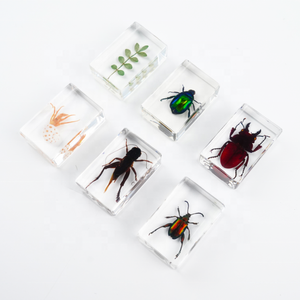Introduction to Bug Hunt
Embarking on a bug hunt is not just a child’s pastime; it is an exciting educational experience that introduces participants, especially children, to the fascinating world of insects and other small creatures. Whether you’re a teacher planning a science project, a parent looking to engage your child with the outdoors, or an enthusiast aiming to explore biodiversity, bug hunting offers a unique blend of adventure and learning. Equipped with the right tools and knowledge, anyone can turn a regular outdoor adventure into an enlightening bug hunt.
Types of Bug Hunt Activities
There are various ways to organize a bug hunt, each tailored to the interests and skill levels of participants:
- Backyard Bug Hunts: Ideal for beginners, these hunts involve searching gardens or parks, making it accessible for younger children.
- Field Trips: Educational institutions often organize trips to nature reserves or forests where students can explore diverse ecosystems.
- Night Bug Hunts: Using flashlights, these adventurous nighttime expeditions reveal nocturnal insects and enhance the thrill of discovery.
- Organized Competitions: Families or schools can create friendly competitions to see who can find the most different species, adding a fun twist to the activity.
How to Prepare for a Bug Hunt
Preparation is crucial for a successful bug hunt. Here are some essential tips:
- Gather the Right Tools: Equip participants with magnifying glasses, bug jars, and field guides to facilitate identification. A notebook or digital camera for recording findings is helpful as well.
- Choose the Right Location: Selecting diverse habitats such as meadows, forests, gardens, or ponds can increase the chances of encountering a variety of insects.
- Dress Appropriately: Participants should wear protective clothing—long sleeves, sturdy shoes, and insect repellent—to ensure comfort and safety during the hunt.
Advantages of Bug Hunting
Engaging in a bug hunt offers numerous benefits:
- Educational Value: It fosters curiosity about nature and encourages children to learn about different insect species, their roles in ecosystems, and biodiversity.
- Physical Activity: Exploring various terrains promotes physical fitness, as participants are often walking or crawling in search of bugs.
- Developing Observation Skills: Participants enhance their attention to detail and critical thinking as they observe and identify different species.
- Connection to Nature: Bug hunting helps individuals form a deeper connection with the environment, recognizing the significance of all creatures within ecosystems.






















































